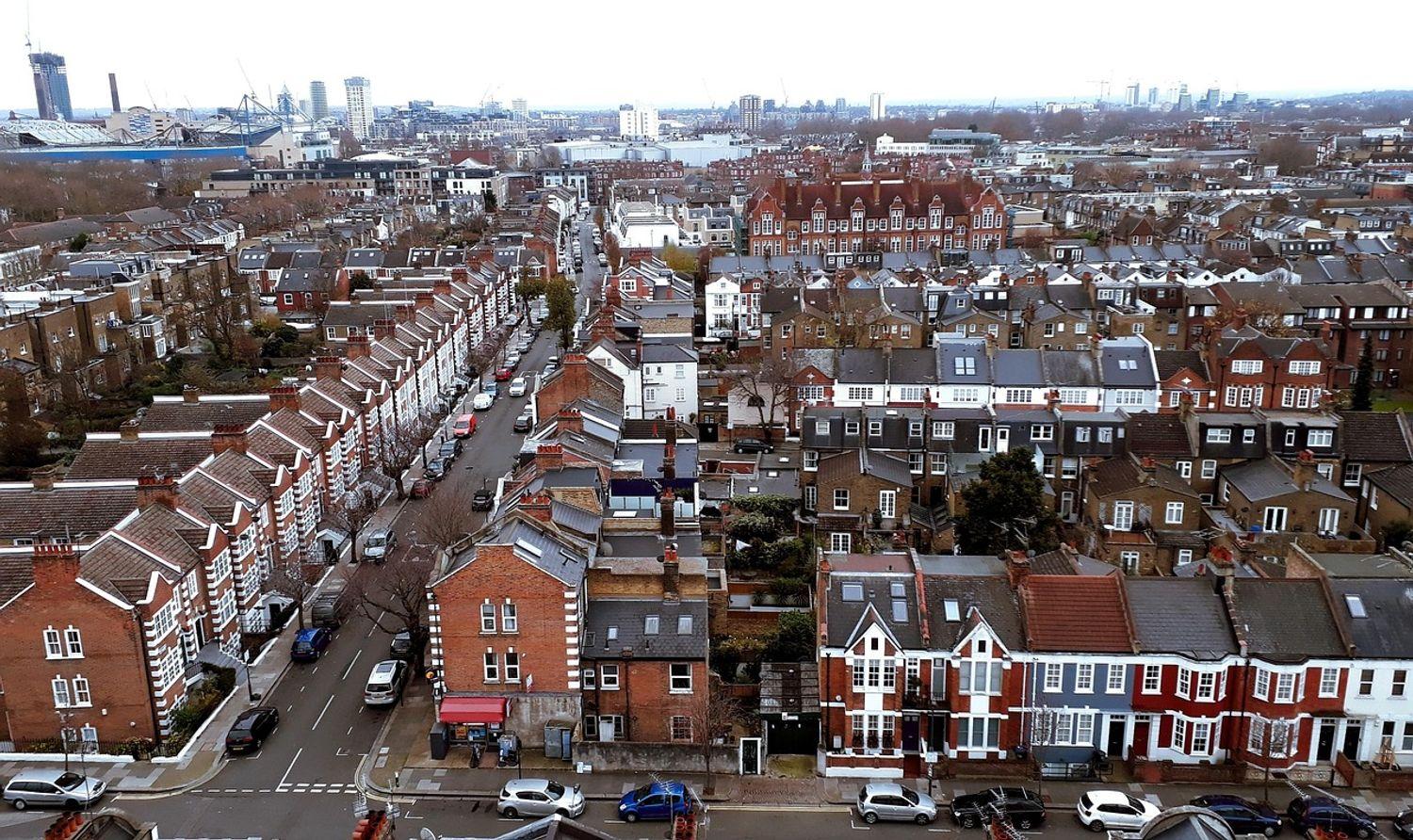The Tourism industry is viewed as one of the significant businesses in the world. This industry is very significant for the economy as it contributes a lot to the economy. Many places are majorly based upon this industry.
Travel is known to help expand an individual's perspective. Travel acquaints you with new experiences, new societies, and new ways of life. It empowers social pursuits and offers help to local handiworks.
People love to travel but their reasons may differ as it adds something precious to everybody's life. It helps in the development of international understanding and connects the world.
The travel industry is enormous, and it has been a necessary supporter of the development of numerous nations. This flourishing sector is something that the entire world celebrates.
Evolution

Travel started in the pre-historic time but the tourism industry is a new phenomenon after the industrial period. Travel was unorganized, included not many voyagers, and was never viewed as a business, also didn't have recreation inspiration as today. We have arranged the categorized the evolution of the travel & tourism industry in five different time groups as follows:
Pre-Historic Period Travel

Travel started from the early man from 2 million to 20 thousand years prior. They used to search for food, get away from adversaries, expand their area, and look for warmth, and so on.
The elements of travel in this time are that it included very few individuals and they were not organized, included explorers, and were not implied for relaxation or amusement. It was only the method of living and was necessary for survival. They needed to fulfil their needs by travelling and searching for means of survival.
Middle Age Tourism (15th -16th Century)

This was the time when people began travelling for religious purposes as the economic condition were poor and people were scared for their survival. Individuals went to religious places to make peace with God.
The fundamental inspiration for the travel was religion as they believed that only the almighty can save them. Hospitality facilities were set up to provide food for convenience. This was also the time when taxes were introduced. Tolls (levies) were charged to use and maintain the roads.
Renaissance Period Tourism (17th -18th Century)

This period was where individuals started travelling for leisure and serene. But even with the beginning of the industrial revolution, which was making a slow beginning in the eighteenth century in urban and industrial facility advancement, a more extravagant 'exclusive' class alone delighted in leisure and travel. Renaissance implies the restoration of craftsmanship and literature.
This time was described by the incredible innovation of art and all the more significantly architecture. Lodgings were concentrated near one another, brought about the development of early towns as a multiplying impact. These early towns were called Agricultural urban communities. Business Hotels were then constructed in those urban communities.
Industrial Period Tourism (19th -20th century)

Agricultural urban communities were set up to become industrial cities which made huge urbanization, need for work, rural-urban migration, and development of middle-class residents employed in industries, improved education, and more leisure time because of paid leaves just as the demand for amusement.
Industrialization contributed innovation of technology like railways, steamships, and vehicles which made movement simpler.
During the battle, there was the innovation of the aircraft which could fly the military to the far main lands for war. The improvement of transport added to the foundation of tour operation organizations.
This led to mass tourism in the 20th century. The principal contribution of the industrial revolution to the travel industry is the improvement of transport, employment of the residents, and the development of the infrastructure.
The expanded anxiety in the industry prompted the requirement for relaxation. Therefore, tour operators started packaging inclusive tours at low costs.
The travel business has developed enormously over the last decade. Megatrends across the globe have influenced the business; from digital progressions to the ascent of innovative convenience platforms, over-tourism, and the development of web-based media influencers.
These elements and more have moulded how the tourism business looks today and the anticipated direction it will go later on. The most recent couple of years have seen huge changes with differing impacts. One of these is the effect that online media has made on attracting travellers to a country. In today's digital age, individuals go to online media for travel motivation.
Modern Tourism

Today the travel industry is an activity including numerous members, more educated, more extravagant business sectors and it is developing at a quicker rate.
It is today viewed as an industry because of its commitments to the socio-economic welfare of residents in form of direct and indirect employment, income to the government, infrastructural improvement, and commitment to GDP, and so forth.
Today the travel industry includes leisure. It is more coordinated because of numerous activities like principals, tour agencies, ground administrators.
These are engaged with manufacturing, wholesaling, retailing, and ground activity businesses. The modern travel industry is refined because of globalization. Quest for opportunity has brought about the high development of independent travel.
To Conclude

The travel industry has an extended and valuable history. While the industry has had its ups and downs, primarily due to outside components such as economic recession, war or a virus outbreak, it has proceeded to play an ever-important part in our lives.
The evolution of the travel industry is one of bumpy extension, times of huge development hindered by times of recessions and stagnation.
The international travel and tourism industry is the foundation of globalization and improves the world from numerous points of view. It advances monetary development, increases trade, progresses development, and makes higher disposable incomes.
It likewise reinforces networks, and, by uniting individuals from assorted areas and foundations, propels the objectives of harmony and worldwide agreement.
These advantages remain constant for developing, emerging, and industrialized nations and they give a significant stage on which different industries can be fabricated.




